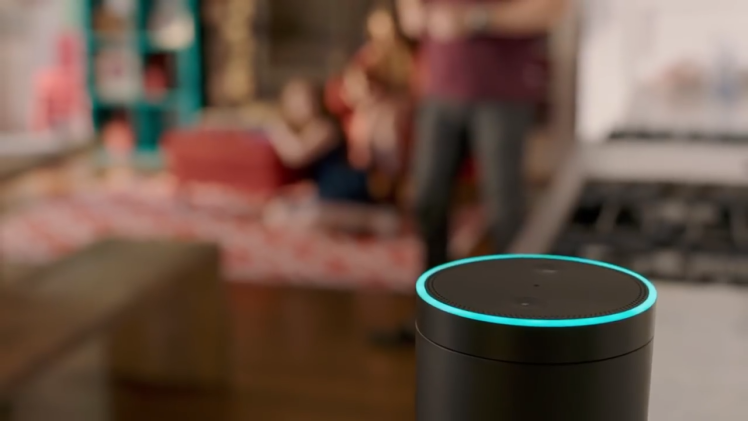Watch all the Transform 2020 sessions on-demand here.
Amazon is today introducing a feature that lets Alexa get back to you if the assistant initially fails to come up with an answer to your question. Answer Updates will be rolled out to Alexa-enabled devices over the course of the coming week, a company spokesperson told VentureBeat in an email.
Say “Alexa, turn on Answer Update” to receive alerts, and Alexa will say “If you ask me a question and I don’t know the answer but find out later I’ll notify you.” Say “Alexa, turn off Answer Update” to stop receiving updates to factual questions the AI assistant was unable to answer.
Amazon draws Alexa’s answers to questions from knowledge bases like Wikipedia.
The results of an 800-question test released late last month by Loup Ventures found that Google Assistant is the best AI assistant available for answering questions, followed by Siri, Alexa, and Cortana. By specific category, Alexa ranked second in general information questions, answering 78 percent of questions answered correctly, and third in commerce, with 44 percent of questions answered correctly.
June 5th: The AI Audit in NYC
Join us next week in NYC to engage with top executive leaders, delving into strategies for auditing AI models to ensure fairness, optimal performance, and ethical compliance across diverse organizations. Secure your attendance for this exclusive invite-only event.
Amazon’s Echo is still considered by most to be the best-selling smart speaker around, but surveys in January and again in May found Google Home speakers gaining in market share.
Answer Updates could also give users some assurance that Amazon is taking steps to improve answer accuracy, or at least manage expectations. In initial interactions, many people tend to presume AI assistants can answer every single question imaginable, like the computer from Star Trek.
A PricewaterhouseCoopers survey and study released in April found that 59 percent of respondents said “ask a quick question” was the most common thing they did with their voice on a monthly basis. Though smart speakers continue to be considered the most popular consumer electronic product today, and AI assistant adoption is expected to increase in the years ahead, lack of consistency could prove a barrier to wider adoption, as 73 percent of survey respondents said they would expect correct answers if they were to use an AI assistant on a regular basis.


